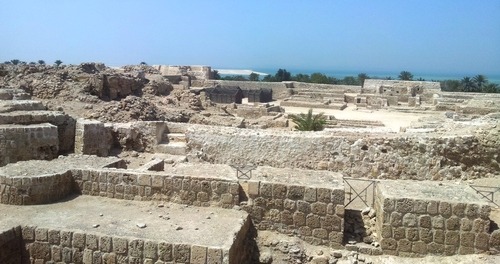Day 1 in Northwestern Syria
My first impression in Rojava, the autonomous Kurdish area in northeastern Syria, is that everything seems quite normal. For a small region still engaged in the fight against the Islamic State (although only three people die on the front per day, as compared to 20-30 a few months ago) and in the stranglehold of Erdogan’s Turkey, the area is remarkably quiet, and even seems prosperous, with shops full of goods and the fields and herds well-tended to.








